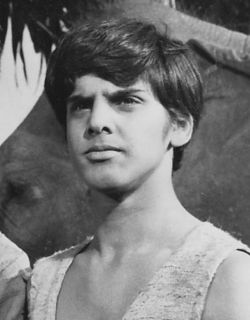A Quote by Oliver Stone
In any film there's always a historical implication.
Quote Topics
Related Quotes
If we define 'thought collective' as a community of persons mutually exchanging ideas or maintaining intellectual interaction, we will find by implication that it also provides the special 'carrier' for the historical development of any field of thought, as well as for the given stock of knowledge and level of culture. This we have designated thought style.
For me, it's always difficult when a historical film claims to depict or represent a reality that none of us can know, that is always different. It's always the case. We never know what happened then. So my approach with the narrator is to question that, to leave that open, to underline the fact that this is uncertain.






































